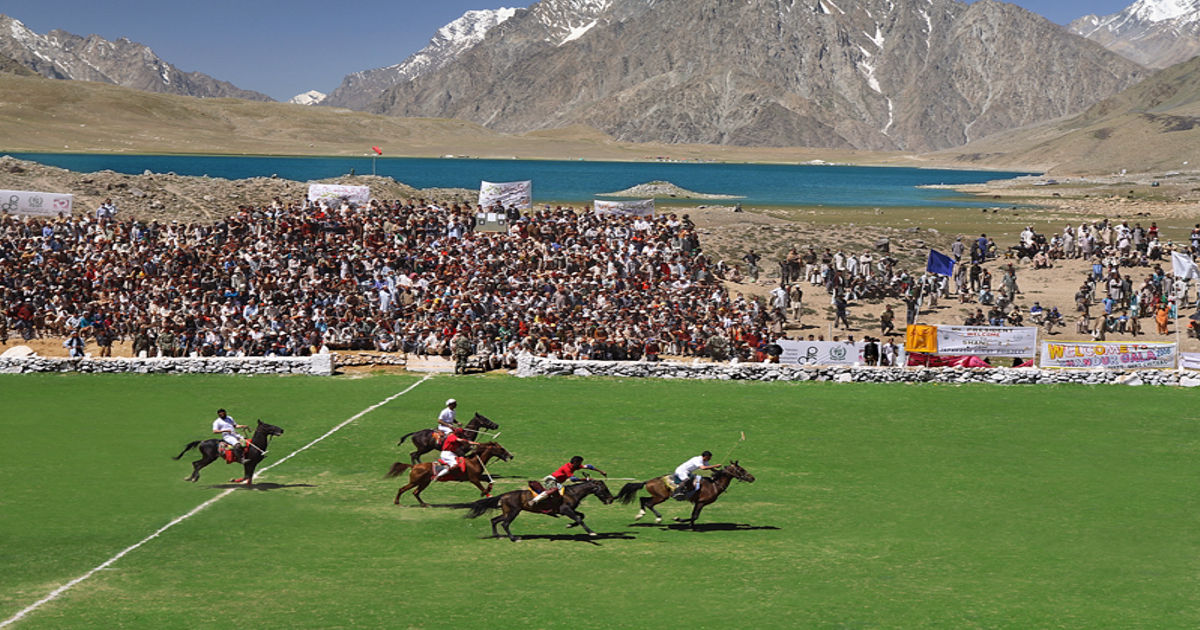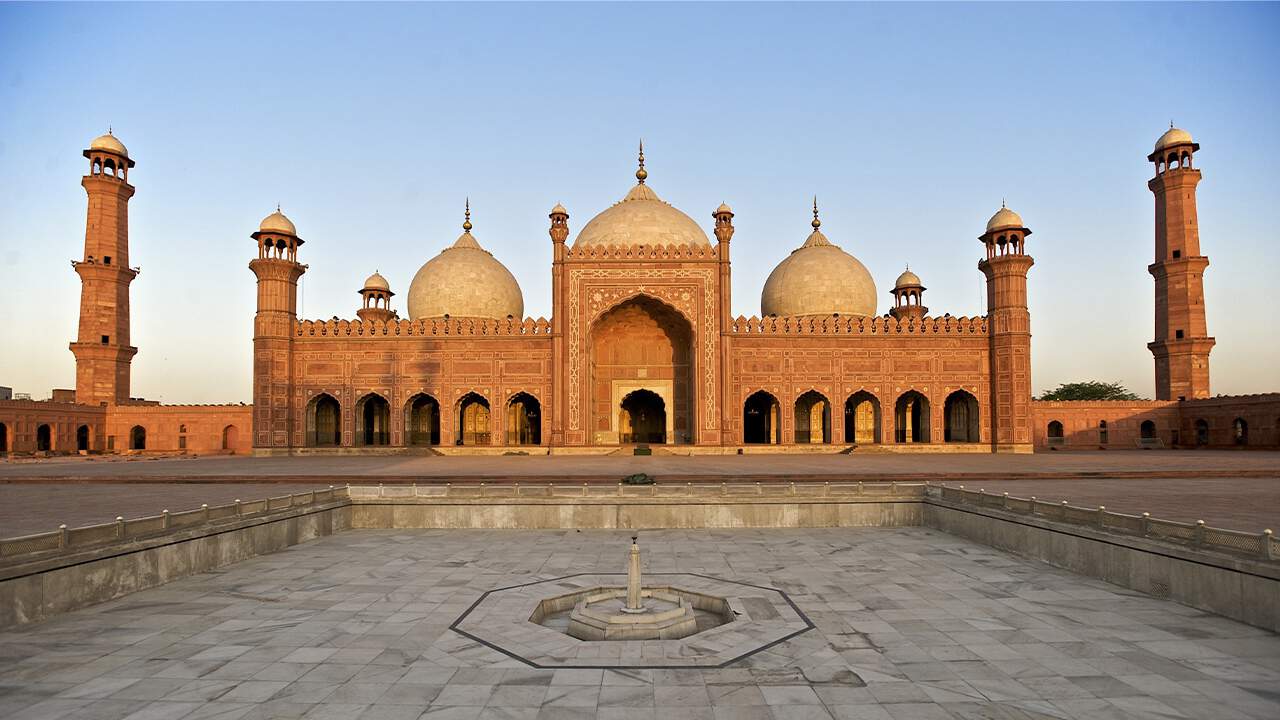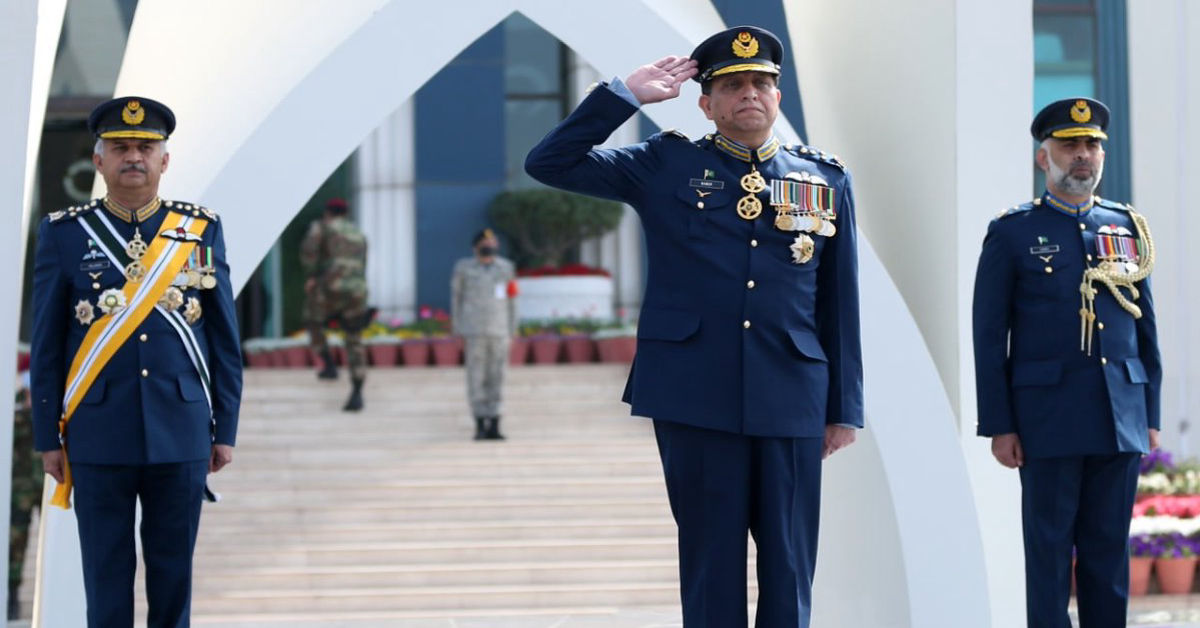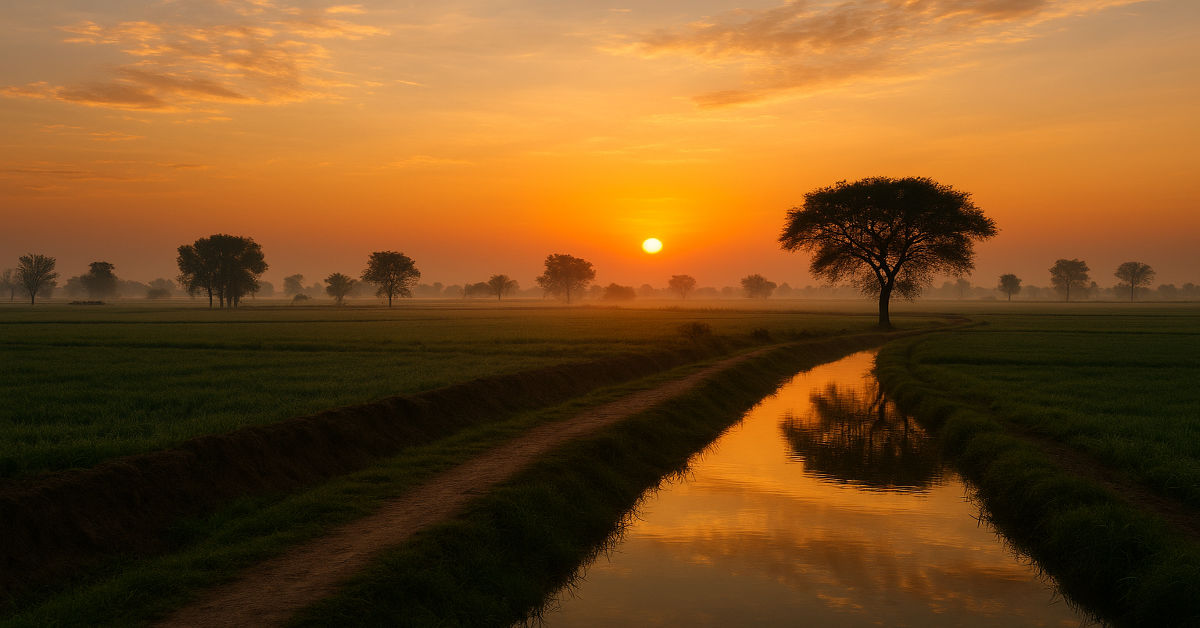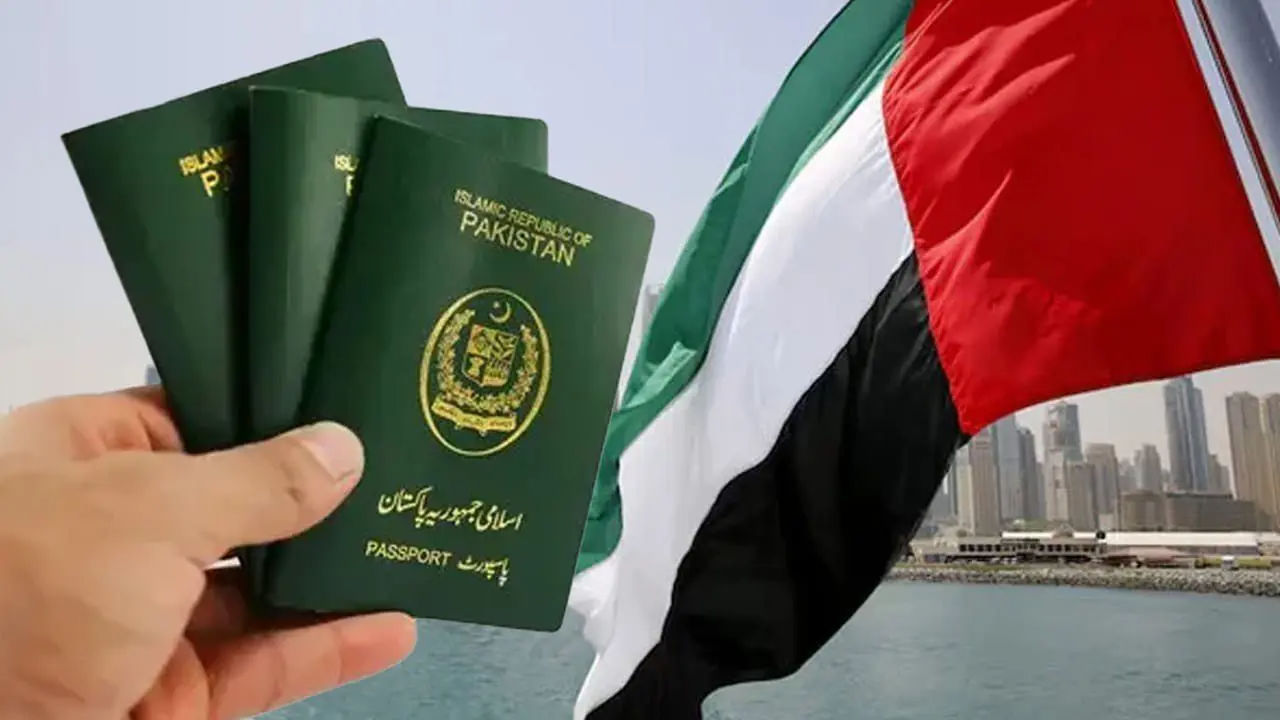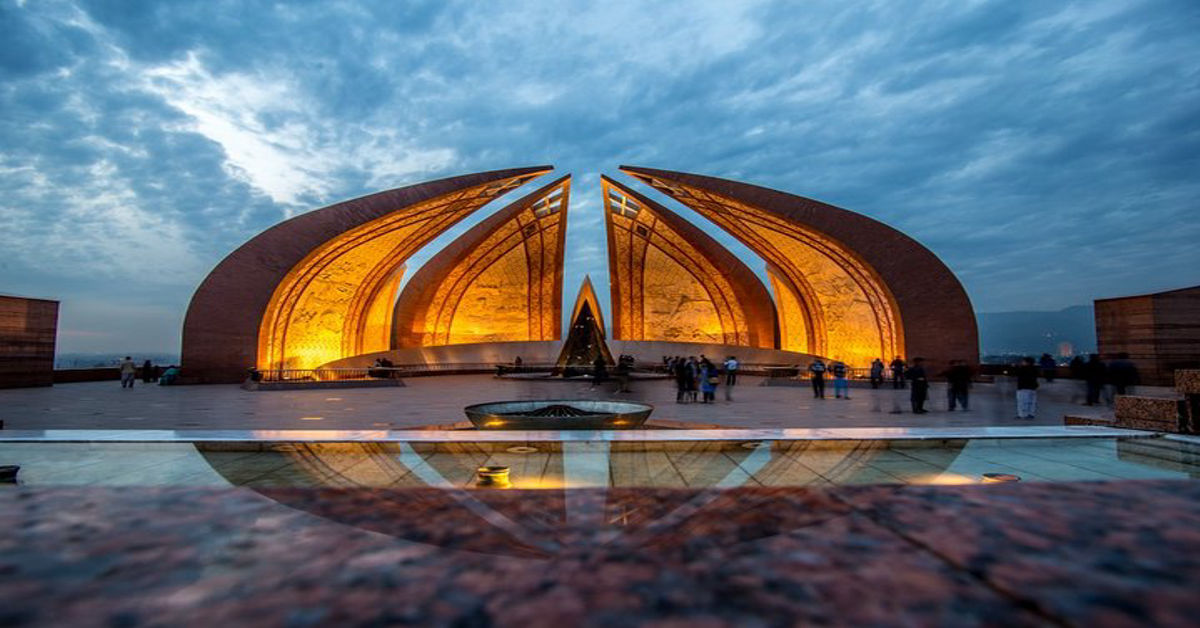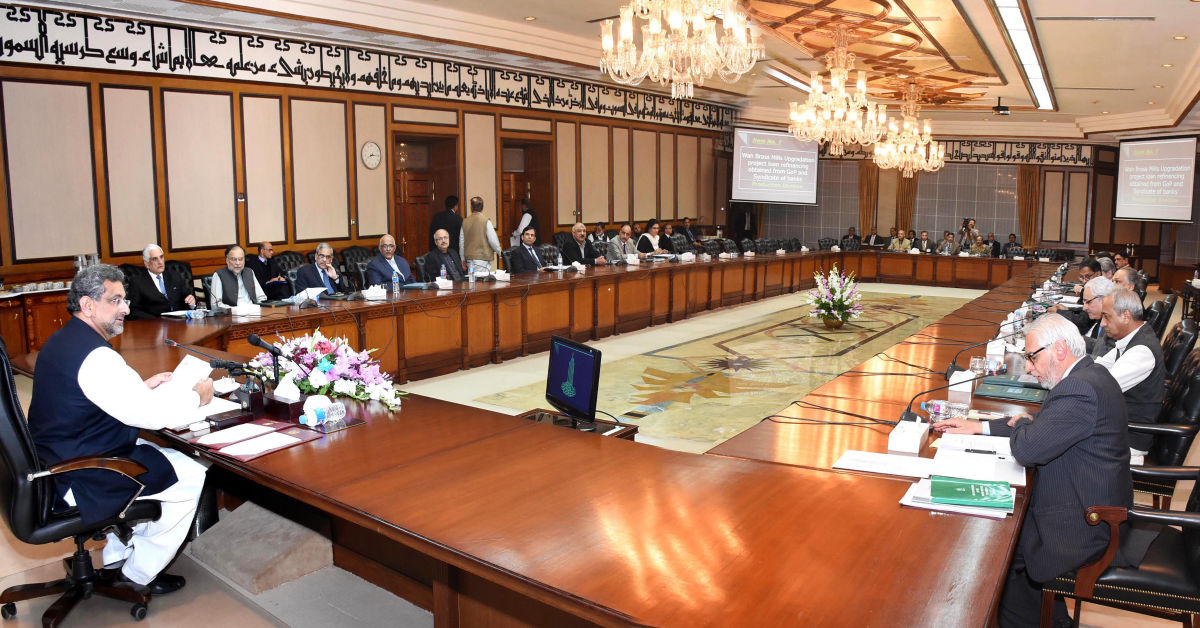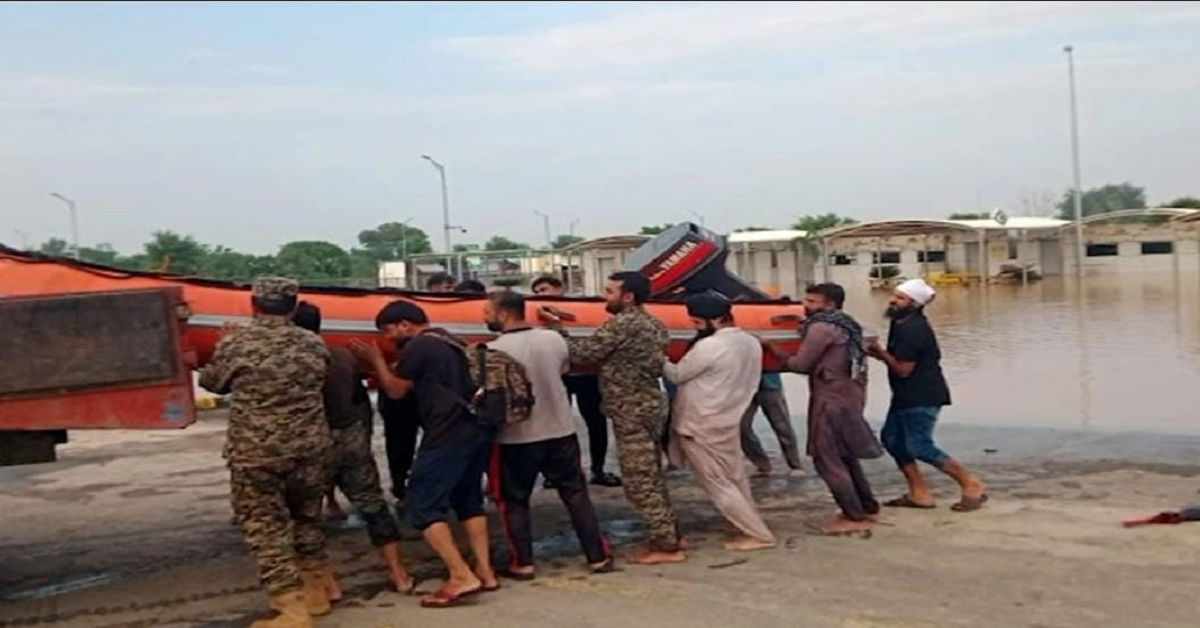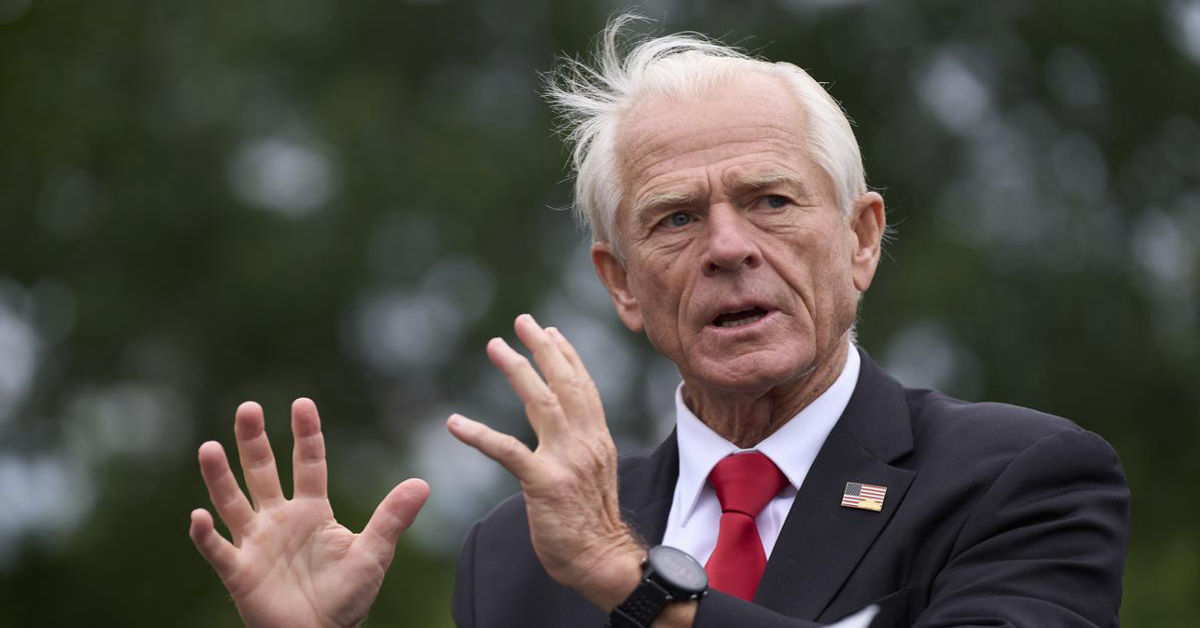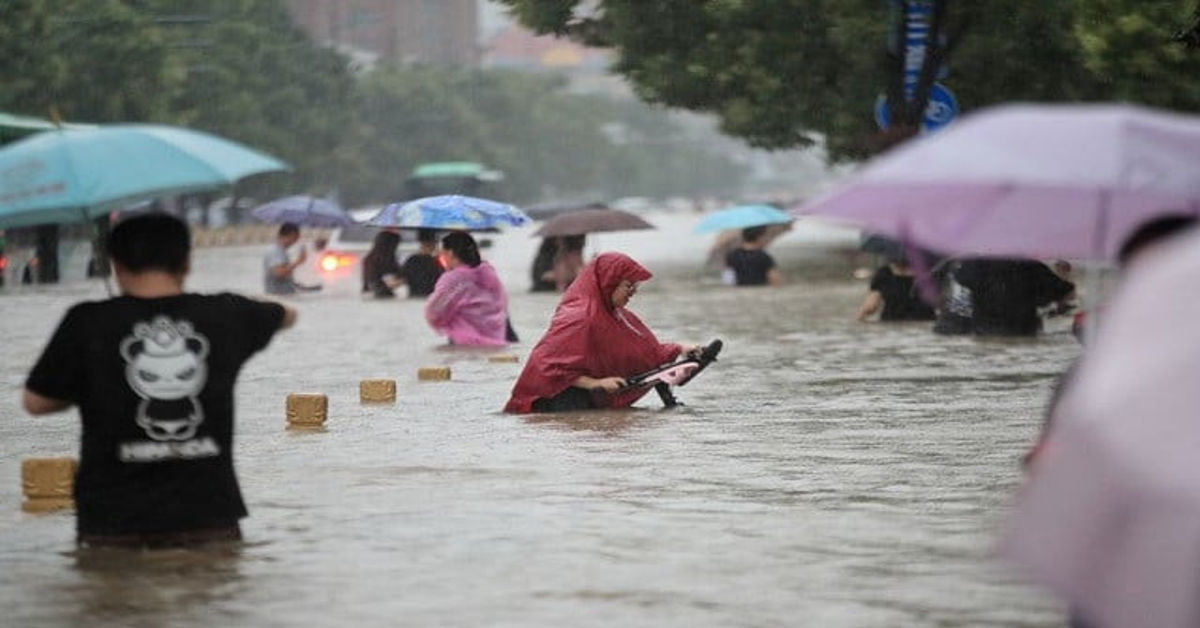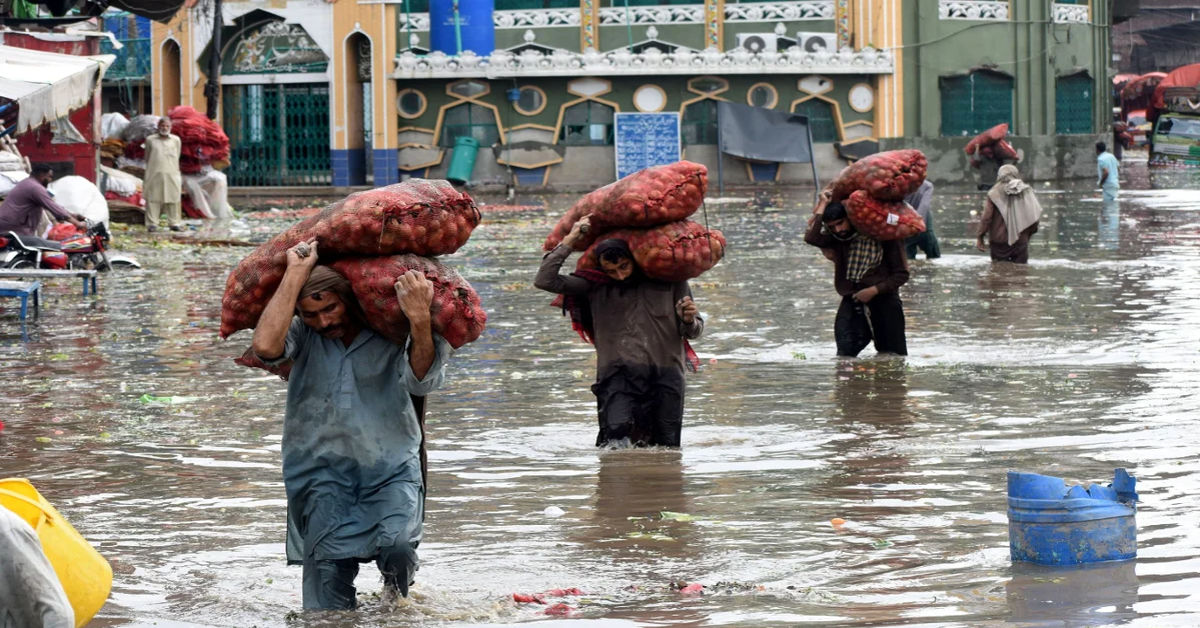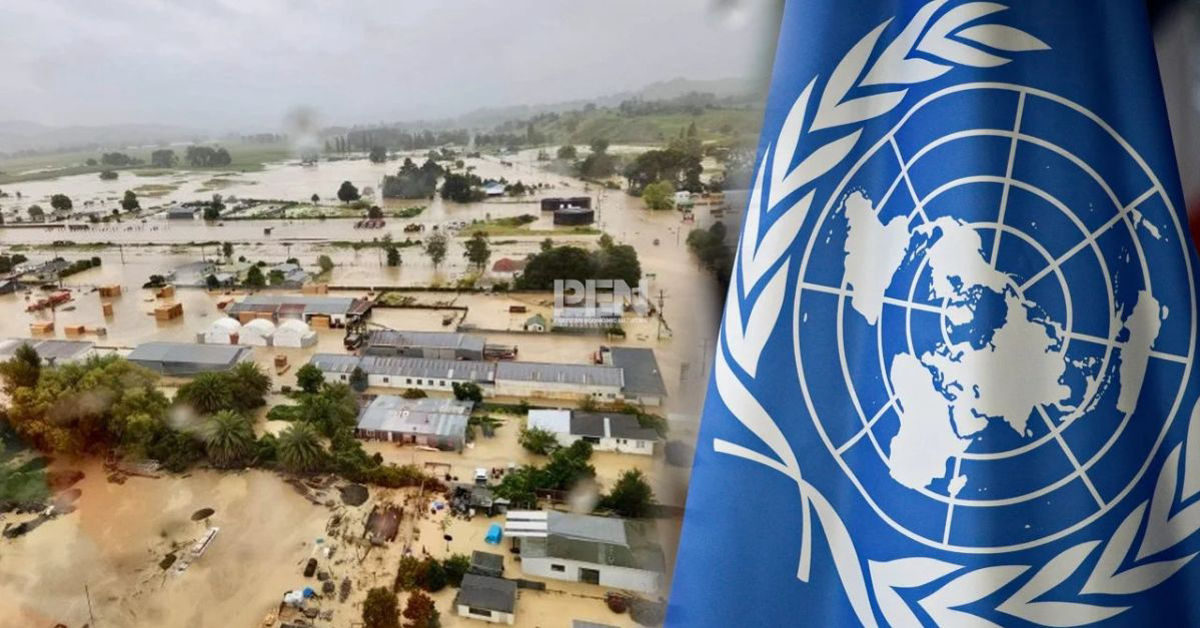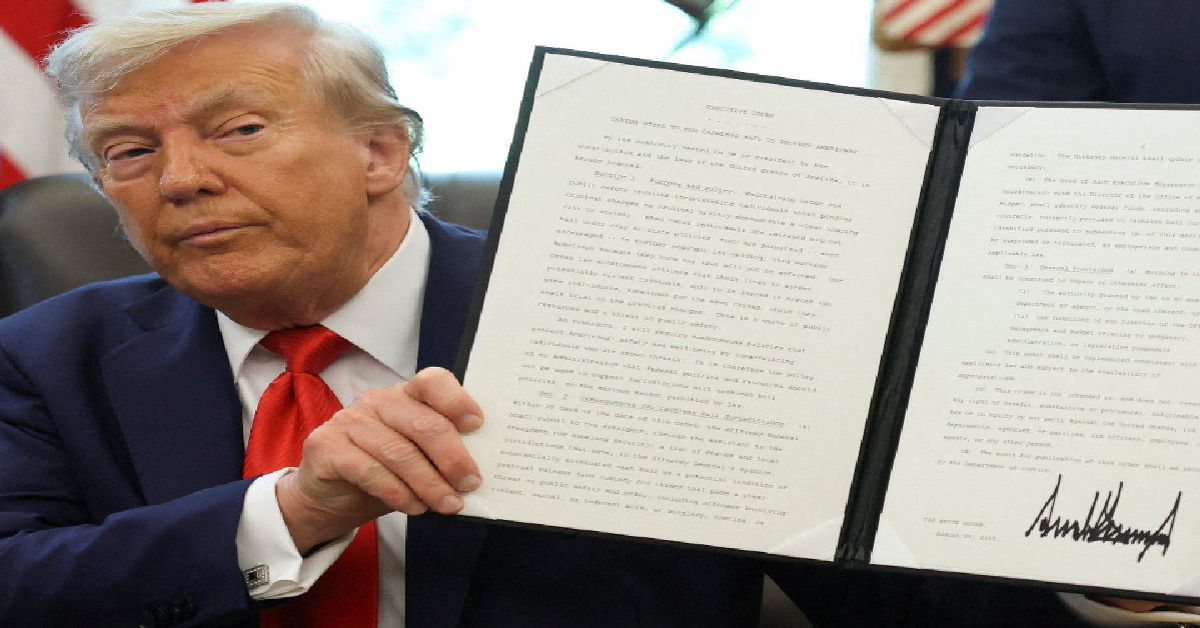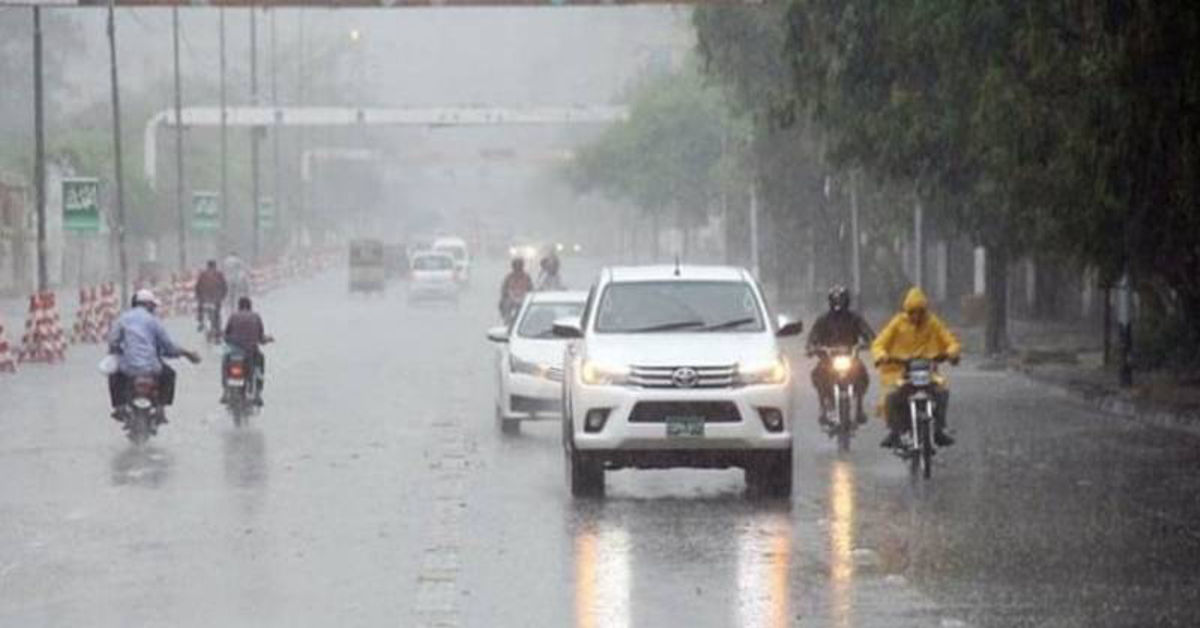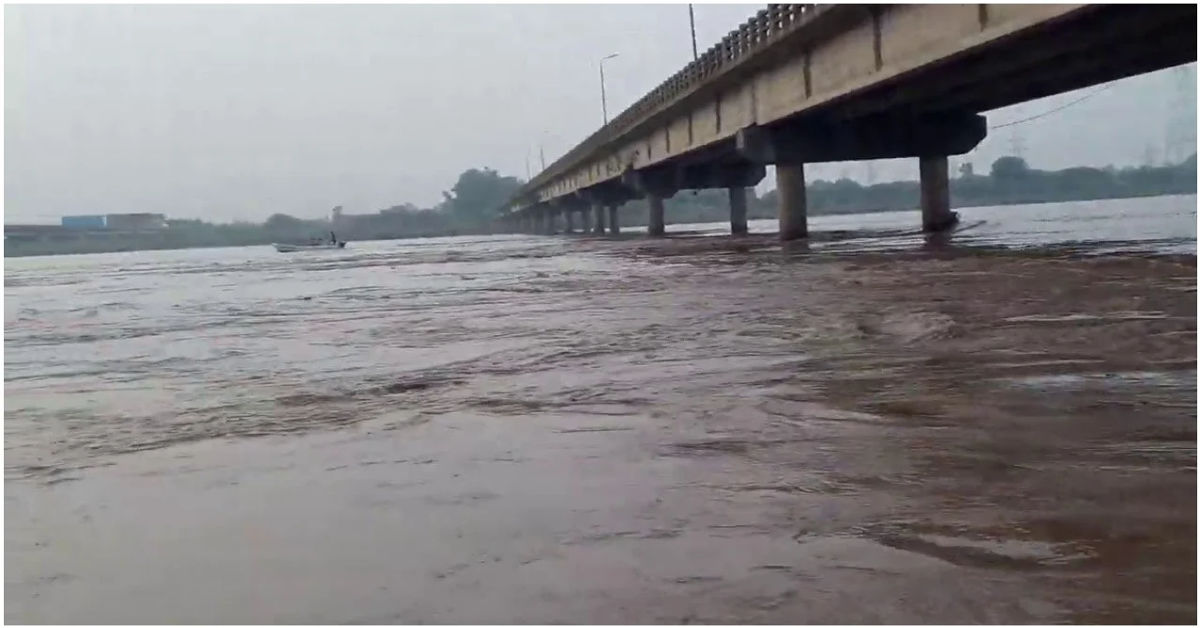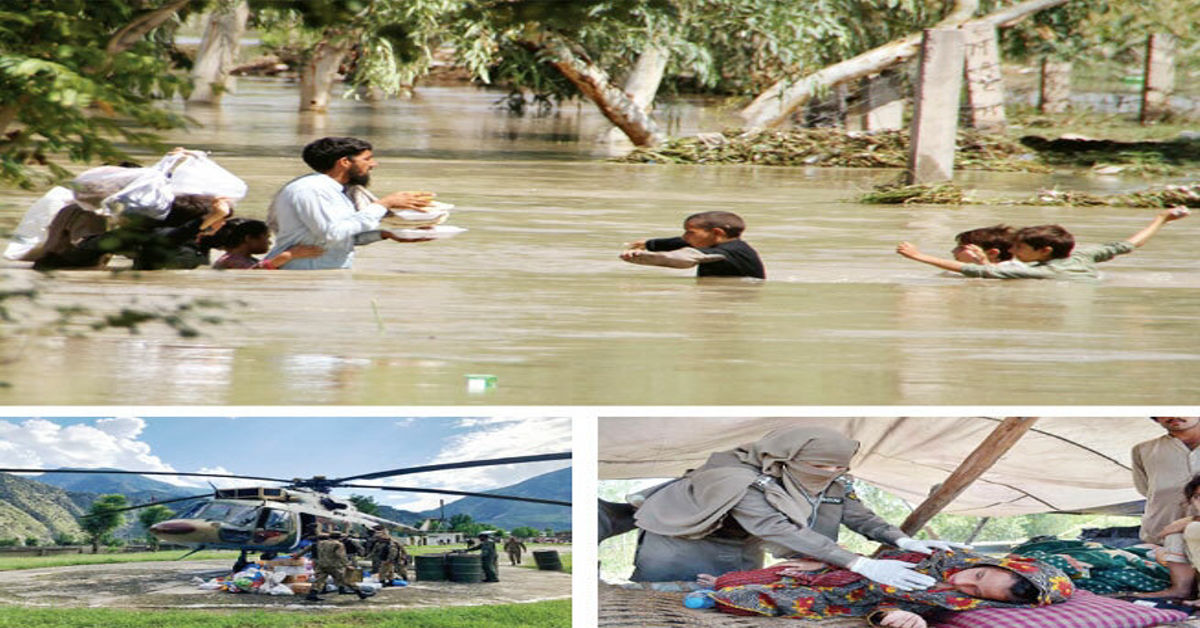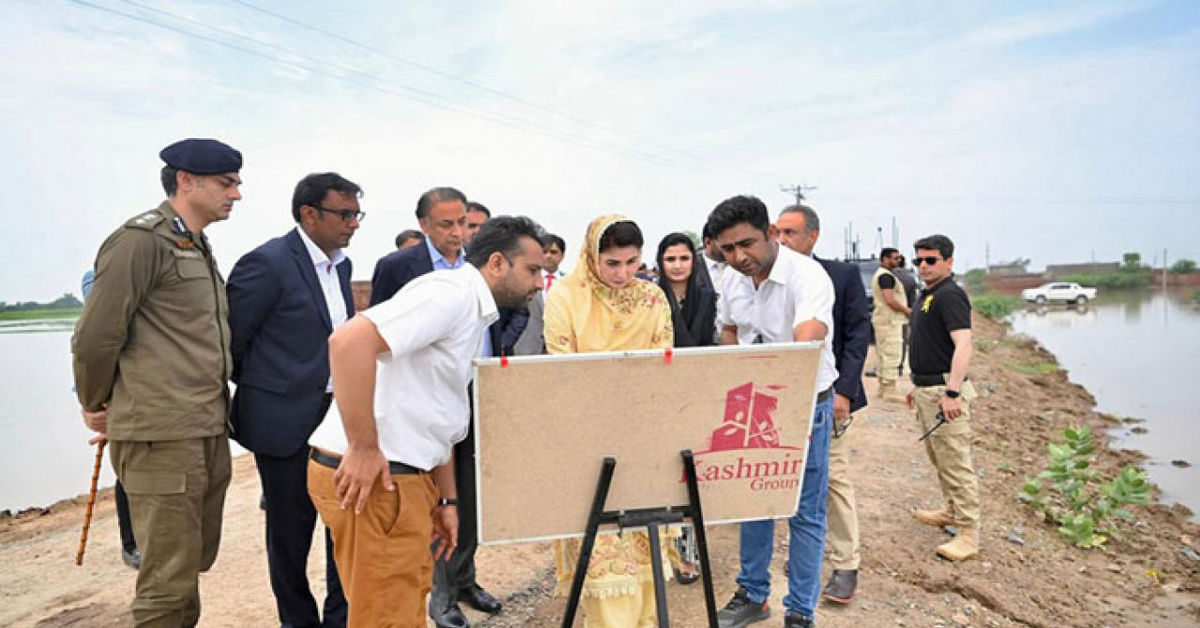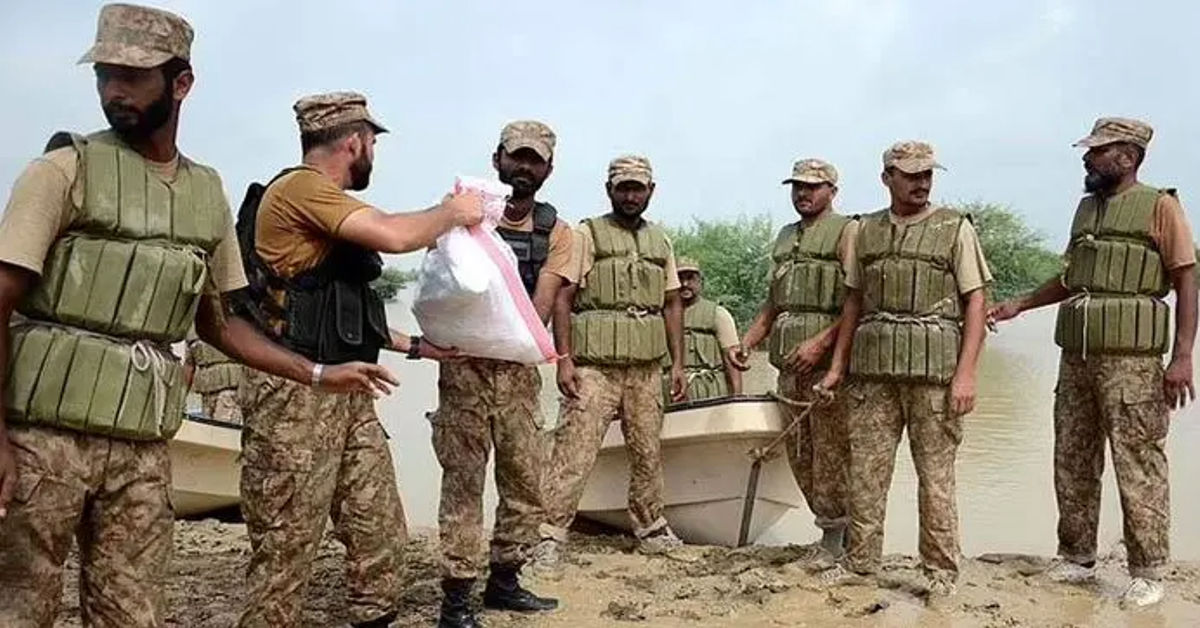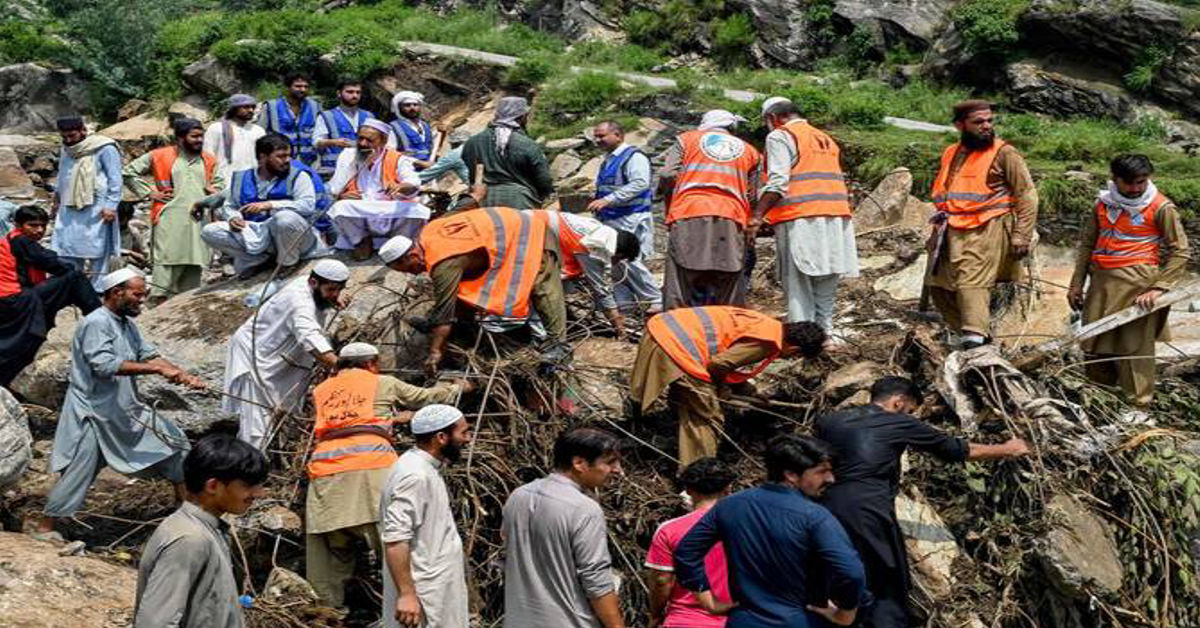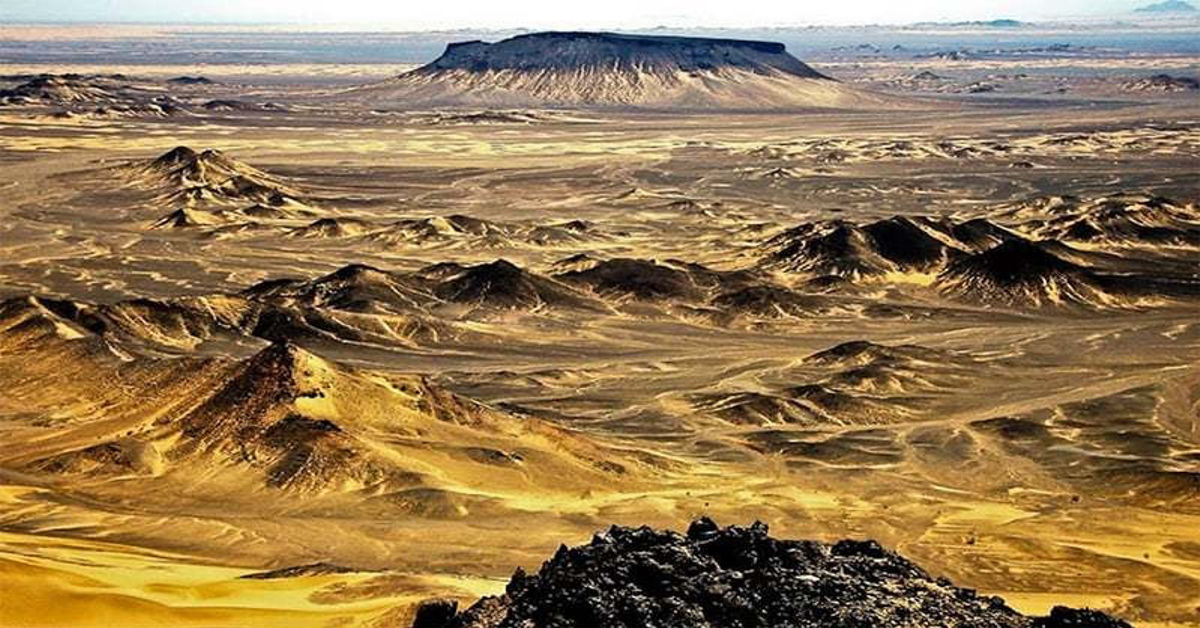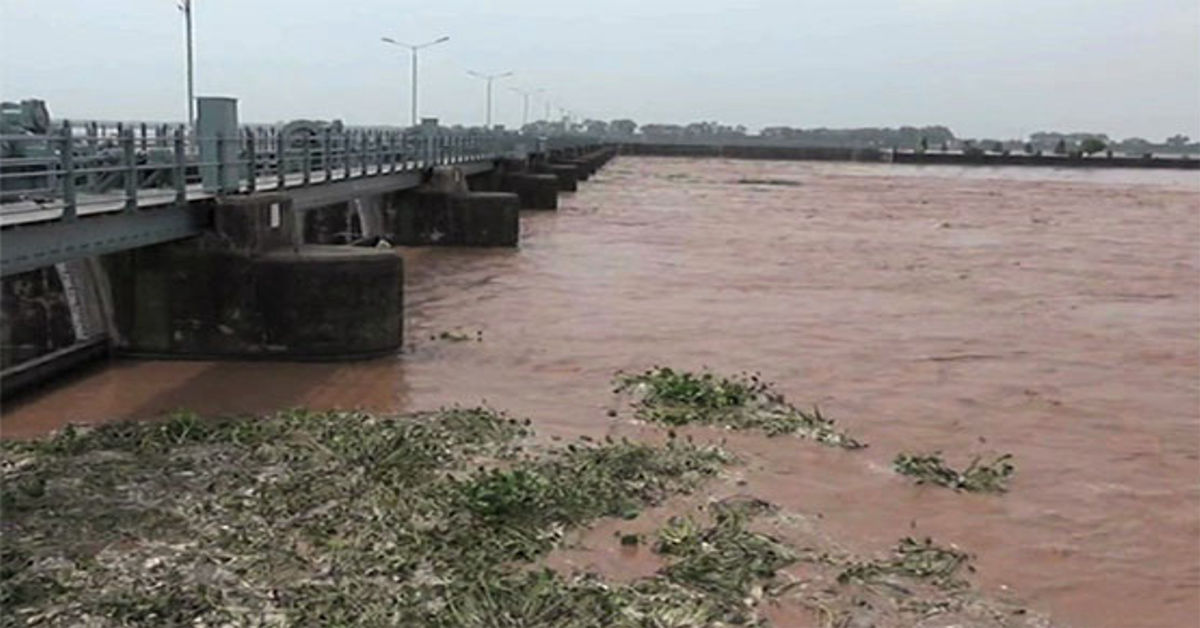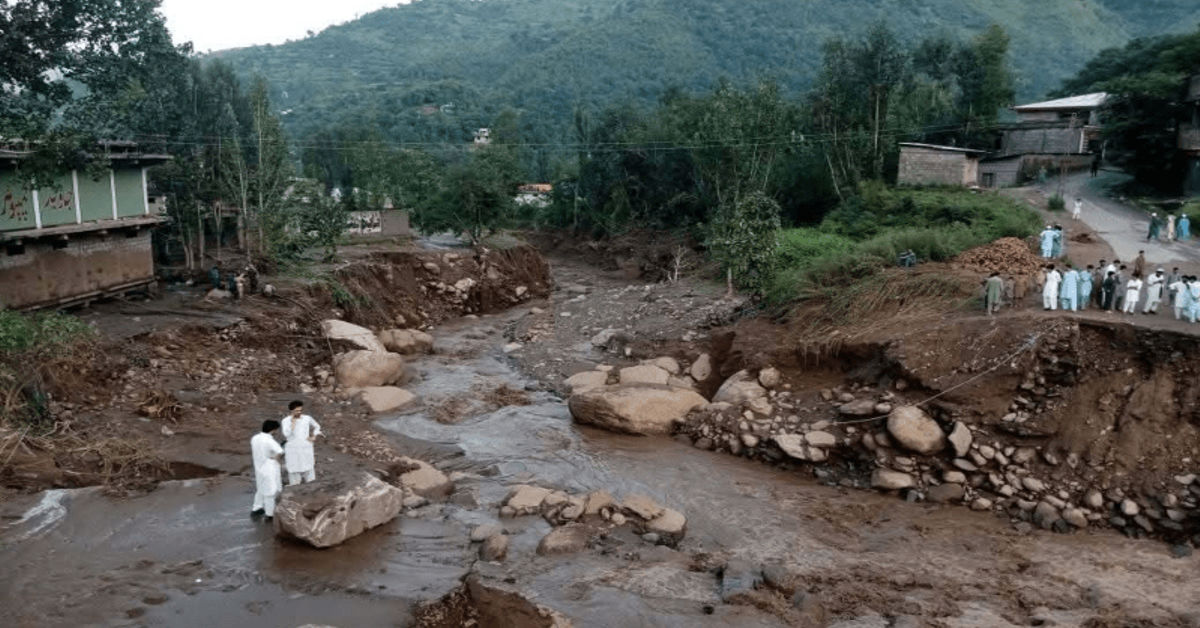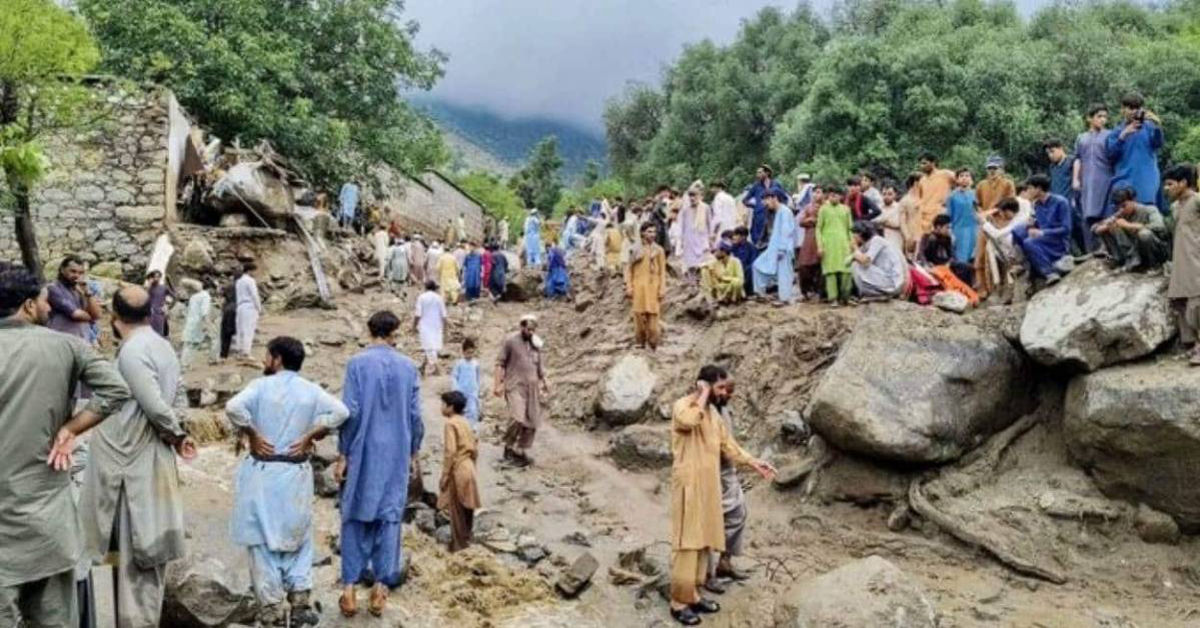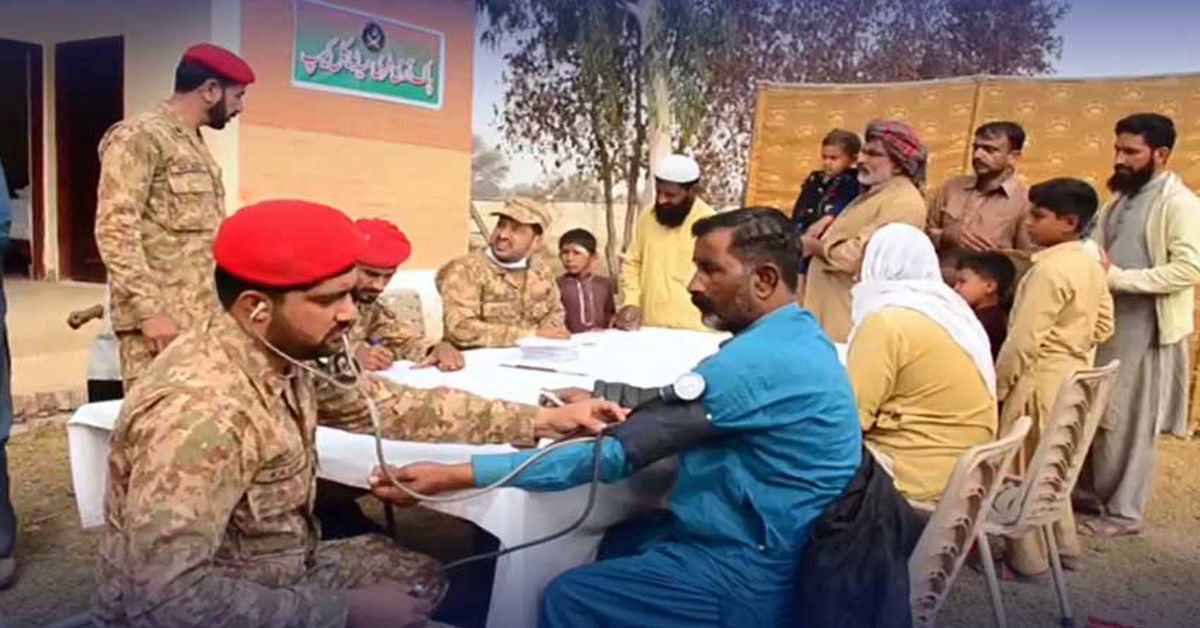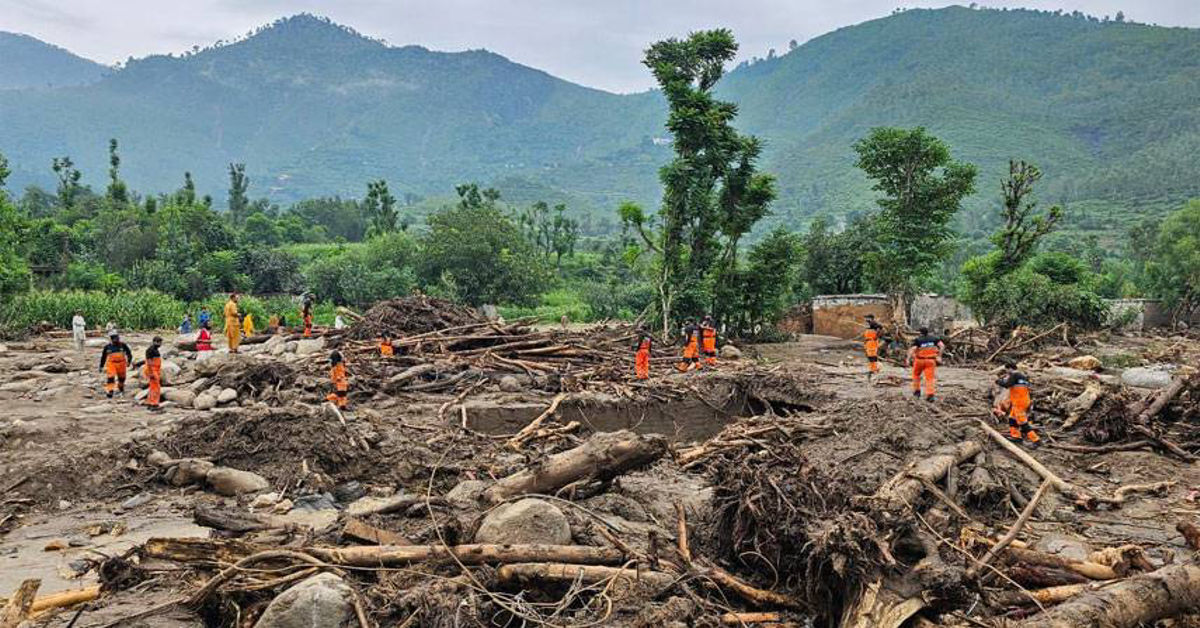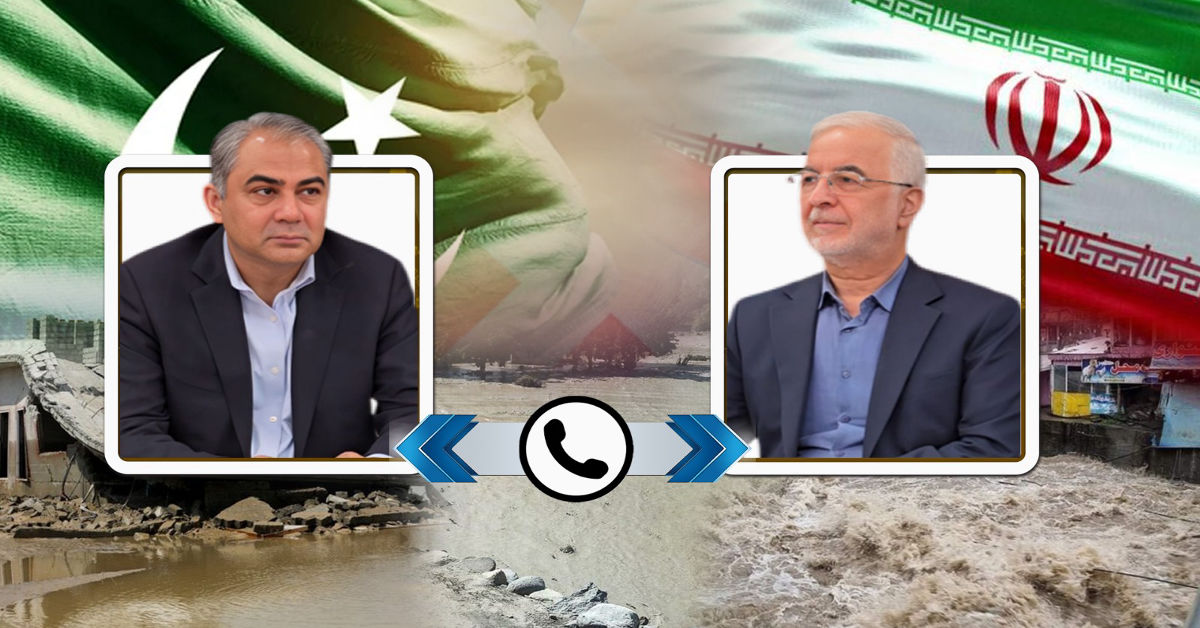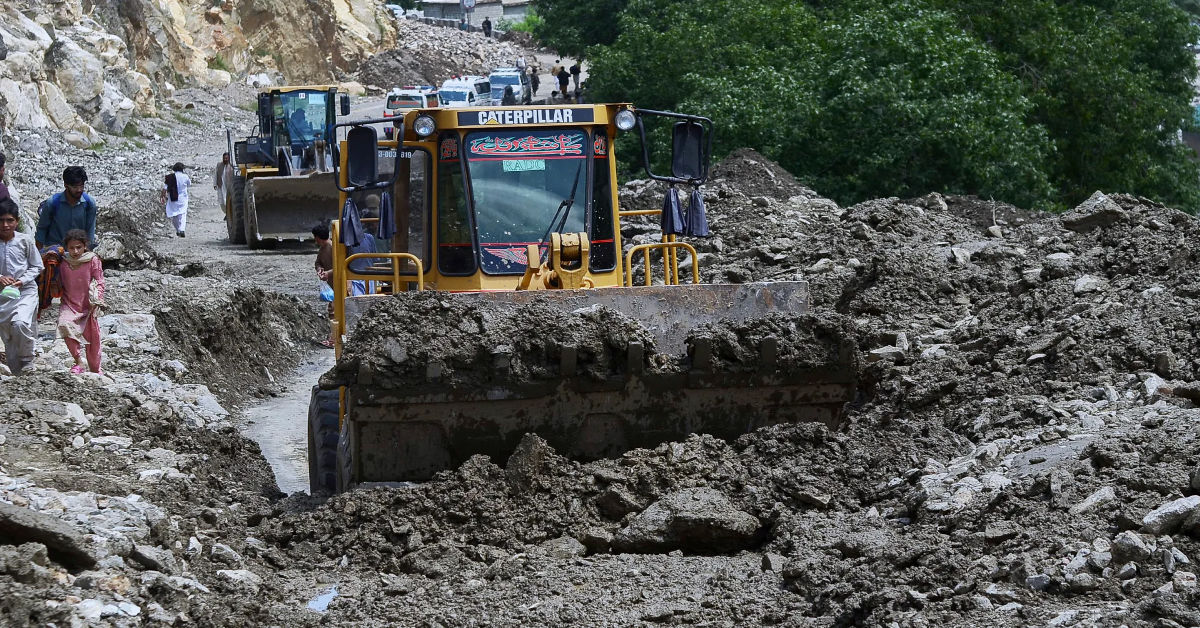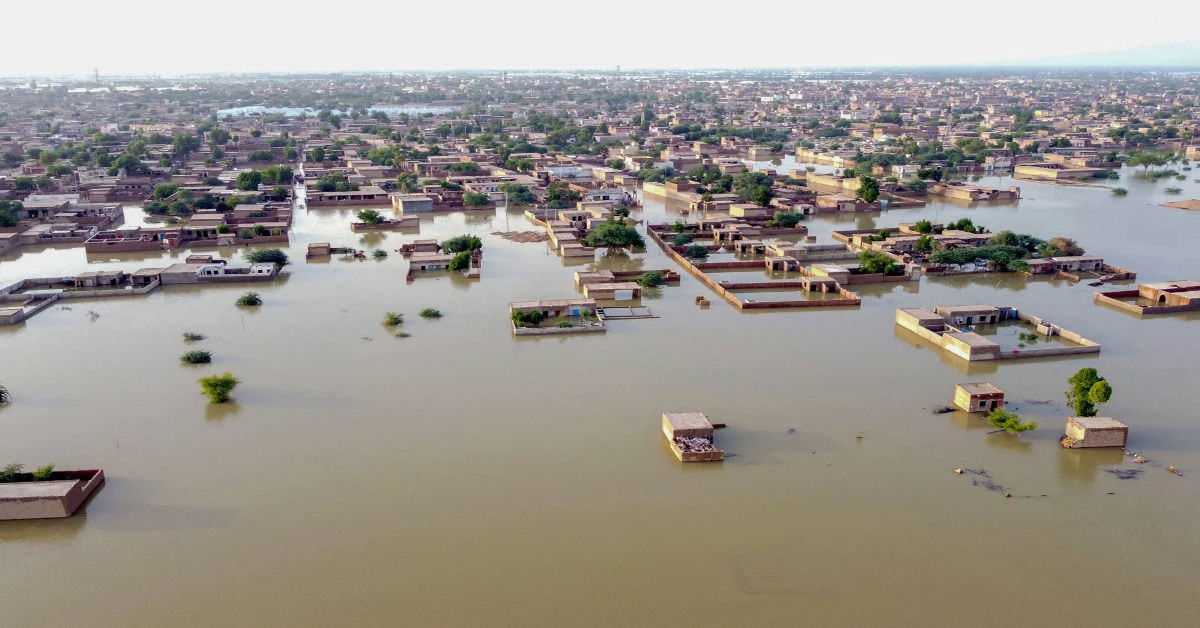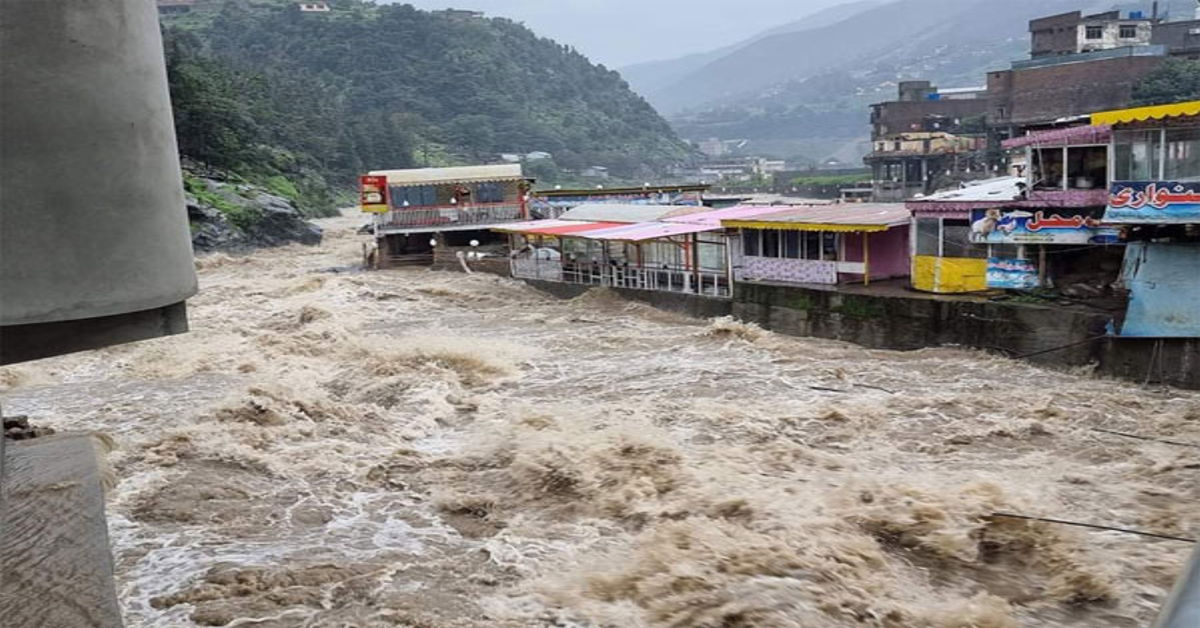
Conflict between Pakistan and India has been grown intensively after Pakistan issued warning to India on violation of Indus Water Treaty, may be treated as an act of war. This was in response to increased interest by India in developing hydroelectric facilities on western tributaries of the river. The Indus River that starts in the Himalayas and passes through the two nations. And has been a historical bone of contention in the intricate relationship between the two nations. Pakistan says that the construction of dams by India contravene the Indus Waters Treaty of 1960. That regulates the water-sharing between the two countries. Indian officials counter, though, that their projects are treaty compliant.
The Indus River- Strategic Significance
The Indus River holds significant strategic importance to both nations especially Pakistan. As it is the lifeline of agricultural and water supply system in the country. It is estimated that the Indus and its tributaries irrigate about 80 percent of farmland in Pakistan. So the unimpeded water flow has become a matter of national security. To India, the river is a possible salvation to the growing energy needs in the form of hydroelectricity. Nevertheless any decreases in water flow even minor ones. Can considerably impact the crop productivity in Pakistan and its economic sustainability. This renders control over the Indus River, not only a technical or environmental problem but a highly geopolitical one.
The Strained Indus Water Treaty
The Indus Water Treaty was signed in 1960 under the mediation of the World Bank. And it has withstood several wars, and decades of hostility. It gives the eastern rivers (Ravi, Beas, and Sutlej) to India. And the western rivers (Indus, Jhelum, and Chenab) to Pakistan. India has no right to store much water and divert the flow of the western rivers despite the fact that it is permitted to use a limited amount of water. Recent plans by India to construct dams such as Pakal Dul and Ratle. Have caused alarm in Pakistan due to possible breach of treaty. The current conflict is one of the biggest challenges that the treaty has ever had.
The Military Warning and Response of Pakistan
In sharp escalation Pakistan Defence Minister Khawaja Asif has said that Indian dam construction on Indus River would receive military reply. He made it clear that Pakistan “will attack” any facility that contravenes the treaty. Such rhetoric demonstrates how seriously Islamabad takes the problem. Although Pakistan also envisions legal and diplomatic actions. Such as going to international arbitration, its readiness to contemplate the use of force has caused regional worries. This, analysts say, might be a dangerous new dimension to long-held hostilities in South Asia.
The location and Infrastructure Drive of India
India has been adamant that its schemes on the Indus River are well within its treaty rights especially since they are run-of-the-river projects without significant storage elements. But the recent suspension of the treaty by India after a terrorist attack that was perpetrated by Pakistan based militants has poured fuel on fire. New Delhi maintains that the suspension is reasonable and has accelerated the construction schedules of dams. In exercising greater control over Indus River, India aims at guaranteeing its energy future, and exercising geopolitical influence. However, opponents declare that such a strategy will bring additional instability to the peace in the region.
Water Insecurity and Agricultural Impacts
Indus River plays a vital role in food security of Pakistan and any major alteration in the flow of the river can destroy the agriculture industry of the state. Wheat, rice, and sugarcane are some of the crops that rely on the Indus basin to provide adequate irrigation water and at the right time. Unruly water supplies at critical growing seasons have already been noted by farmers. The issue of climate change introduces another level of vulnerability and exaggerates the impact even of small-scale upstream disturbances. The Indus is much more than a river to Pakistan it is a lifeline. The slightest thing that appears to hamper its course effects national panic.
International Relations and Diplomatic Consequences
The Indus water conflict has attracted the attention of international monitors, such as United Nations and World Bank. Considering the fact that the Indus Water Treaty has been one of the most effectively working transboundary water-sharing agreements ever in history. Its disintegration may create a worrying precedent. The relations between the regions have also been complicated and both parties have cut down the consular access. And have closed down cross-border trade routes. Pakistan has also gone to international legal forums to pursue the provisions of justice. On the basis that the unilateral actions of India are a violation of agreed upon agreements. In the meantime, those countries which rely upon the stability in the region like China and the Gulf States are also keenly observing the situation.
Ecological and Environmental Stakes
In addition to the human requirements the Indus River sustains an equally diverse set of ecosystems which are quite sensitive to alterations in water quantity and discharge. The river delta systems, wetlands and fisheries are already stressed by pollution, over-extraction and loss of sediment. Megadam projects and especially poorly-managed ones may cause additional disruption to natural river processes, imperiling biodiversity. The lower Indus River is experuning saline intrusion in Sindh province in Pakistan because of the decrease in the discharge of freshwater. The geopolitical struggle, environmental organizations caution, may have irreparable ecological repercussions, transforming an already over-stressed river basin into an outright environmental fiasco.
The Way Ahead: Collaboration or conflict
With tempers flaring, India and Pakistan have a stark choice to make: either they indulge in a confrontation over Indus River or they come back to the dialogue and adherence to treaties. Experts assert that the Indus Water Treaty has its own mechanisms in place to resolve any conflict such as neutral expert examination as well as arbitration. The restoration of trust is going to be necessary, yet it involves transparency, the mediation of third parties, and political will on either part. Water, which was a source of collaboration should not be turned into an instrument of war. The future of the Indus River is connected not only with physical infrastructure but also with diplomatic boldness and self-restraint.

